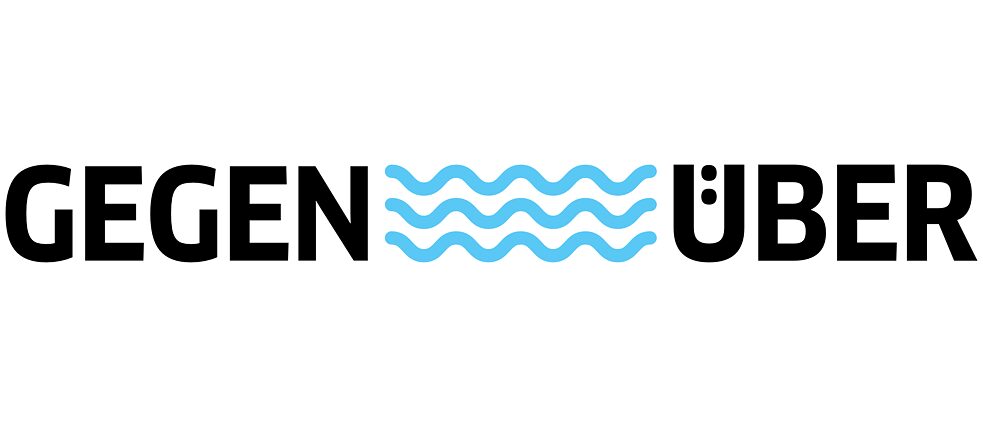Gegenüber
The Digital Magazine of the Goethe-Institut in North America

In October, the Goethe-Institut in North America launched the transatlantic online magazine Gegenüber (www.goethe.de/gegenuber). Gegenüber connects perspectives from across (German: gegenüber) the Atlantic, in Germany and North America. Our editorial team and contributors from Canada, Mexico, Germany, and the United States offer balanced perspectives with multimedia pieces on societal issues, art, business, and science. Gegenüber tackles transatlantic topics, German-American quirks, and common denominators, offering a political interpretation of culture and a cultural interpretation of politics.
This online magazine is aimed at people in North America who are interested in transatlantic exchange and the continent’s shared history with Germany. Gegenüber also addresses people with an emotional connection to Germany and those who would like to stay in Germany for an extended period. The magazine is available in English, German, Spanish, and French.
The topic of the first issue is: Too Much, Enough, and Next to Nothing It delves into the intertwined narratives of excess and scarcity, unbridled expansion, and creating a sustainable future.
A selection from the issue:
In the article This Time Capitalism Really Is About to End, Berlin-based journalist and political scientist Wolfgang Mulke provides an overview of the post-growth debate in Germany. Is resource scarcity the harbinger of capitalism’s demise?
https://www.goethe.de/prj/geg/en/24740953.html
Economist Svenja Bergt investigates what prosperity means in the face of resource scarcity and climate change — and how to measure it. What is a suitable successor to gross domestic product (GDP), previously the standard indicator of prosperity?
https://www.goethe.de/prj/geg/en/24952584.html
Political scientist Felix Heidenreich also researches the relationship between democracy and sustainability. In his article, he dismantles the concept of “growth” and discovers an underlying ideology at its core.
https://www.goethe.de/prj/geg/en/25045392.html
Elizabeth O’Gorek, a Washington, D.C.-based journalist and historian, analyzes the traits of the average American citizen, in terms of excess and scarcity. Yet, the average of these socio-demographic characteristics paints a portrait of an American woman who would be an absolute exception in the United States’ heterogeneous society.
https://www.goethe.de/prj/geg/en/24969657.html
The article by Mexican contributor Enriqueta Arias, an expert in art and communications and founder of the platform Artsynonym, is also about finding balance in society. In Women in Urban Art, she examines the visibility of female art in public spaces. Do we need to implement quotas to achieve gender equality in the arts?
https://www.goethe.de/prj/geg/en/25018803.html
Kathrin Buschmann, who grew up in Germany and has lived in Los Angeles for 20 years, reflects on the concept of “enough.” Enough is the sense of “just right,” that magical condition that Goldilocks — of fairytale fame — tries to find. Not too hot, not too cold; not too much, not too little — that’s the Goldilocks Principle.
https://www.goethe.de/prj/geg/en/24864808.html
In Individualism Goes Mainstream, Leonhard Emmerling, cultural historian and director of the Goethe-Institut Chicago, reflects on the roots of the individual and traces his path from the medieval beggars’ culture of renunciation to the rampant consumerism of the 21st century.
https://www.goethe.de/prj/geg/en/25018698.html
Contact
Michael KrellEditor Goethe-Institut Montreal
michael.krell@goethe.de